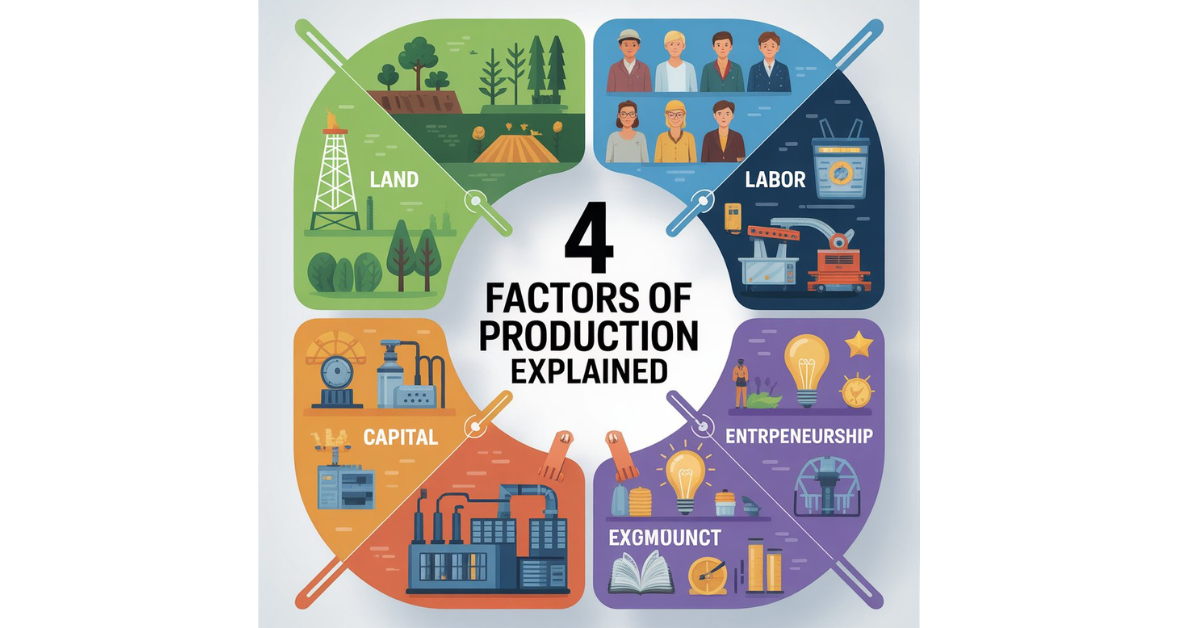Australia’s employment landscape is constantly evolving, with new laws and regulations coming into play that impact employers and employees alike. Keeping up with these changes is crucial for businesses and workers to ensure they remain compliant and protect their rights. Recent updates to employment laws in Australia have introduced changes that could affect contracts, working conditions, and employee benefits. Understanding these changes is essential for anyone operating within or interacting with the Australian job market.
Understanding Recent Legislation
The Australian government frequently reviews and updates its employment laws to address emerging challenges and promote fair work practices. One of the most significant changes involves stricter regulations around casual employment. The new laws define the terms and conditions under which casual employees can be classified, providing more clarity and protection to workers who were previously left in a grey area regarding their rights. Employers must now provide a clear offer of permanent employment to casual workers after a certain period, provided they meet specific criteria. This move aims to reduce the exploitation of casual workers and ensure fair treatment across the board.
Another significant update focuses on the gig economy. With the rise of app-based jobs and freelance work, the lines between contractor and employee status have become increasingly blurred. The government has responded by providing more definitive criteria to determine when a worker should be classified as an employee rather than a contractor. This change affects taxation, superannuation, and workers’ compensation obligations, impacting both businesses and the workforce in these sectors. The objective is to ensure that workers in the gig economy are not unfairly deprived of rights and benefits enjoyed by traditional employees.

Rights of Workers Under New Policies
A critical aspect of the latest updates revolves around workplace safety and discrimination. The government has strengthened its stance on protecting workers from harassment and unfair treatment. These new rules require companies to have robust systems for addressing complaints and incidents of harassment or discrimination. Businesses must now take proactive steps to prevent such behavior, which includes mandatory training sessions, clear communication channels for reporting issues, and stringent consequences for violators. This change emphasizes the responsibility of employers to maintain a safe and equitable workplace for all employees.
Meanwhile, there has been a renewed focus on mental health and well-being in the workplace. New guidelines encourage employers to provide support systems and initiatives that help foster a healthy working environment. This shift acknowledges that mental health is as critical as physical health and that a supportive work culture can lead to higher productivity and employee satisfaction. Employers are now more accountable for ensuring that their work environments are conducive to both mental and physical well-being.
What These Changes Mean for Employers
Employers must remain vigilant and informed about the latest Australian employment law updates. Non-compliance could lead to legal battles, financial penalties, and reputational damage. It’s not just about understanding the laws but also about implementing them effectively within their organizations. Reviewing and updating employment contracts, establishing comprehensive workplace policies, and educating management and staff are crucial steps to aligning with these new regulations.
Additionally, businesses should keep an eye on sector-specific changes. Industries like healthcare, technology, and construction often face unique challenges and regulatory requirements. Staying updated on these developments is vital for minimizing risks and ensuring smooth business operations. Employers are encouraged to seek legal advice and consult employment law specialists to navigate these complexities.
Impact on Employees and Job Seekers
For employees and job seekers, these updates offer new opportunities and protections. The laws aim to create a more balanced and fair job market where workers have access to rights that were once limited to permanent staff. Employees should stay informed about their rights under the new laws, particularly those related to job security, workplace safety, and fair compensation. Knowing these details can empower them to make informed decisions, negotiate better terms, and seek redress when necessary.
Job seekers, on the other hand, should also be aware of these changes when considering potential employers. Understanding the implications of the new laws can help in assessing a company’s commitment to fairness and employee welfare. Being well-versed in current employment law can also give candidates an edge during job interviews, demonstrating awareness and proactivity.
Preparing for the Future
As the employment environment continues to evolve, both employers and employees must stay adaptable. It is important to remember that these changes are often driven by shifts in social attitudes, economic factors, and technological advancements. Being prepared means staying informed, seeking professional advice when necessary, and always prioritizing fair and equitable practices. Businesses that stay ahead of these trends are more likely to thrive and foster positive relationships with their workforce.
Employees, on their end, should continue advocating for their rights and take advantage of the new protections afforded to them. The landscape of work in Australia will keep shifting, and being proactive, whether you’re an employer or an employee, will always be key.
Sign up for our Daily newsletter
We'll be in your inbox every morning Monday-Saturday with all the day’s top business news, inspiring stories, best advice and reporting from Entrepreneur,

